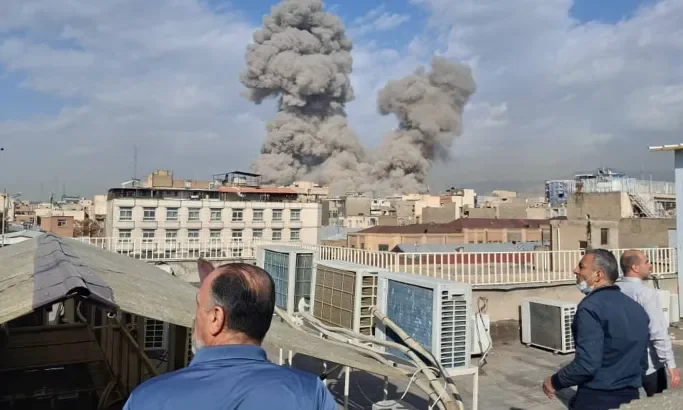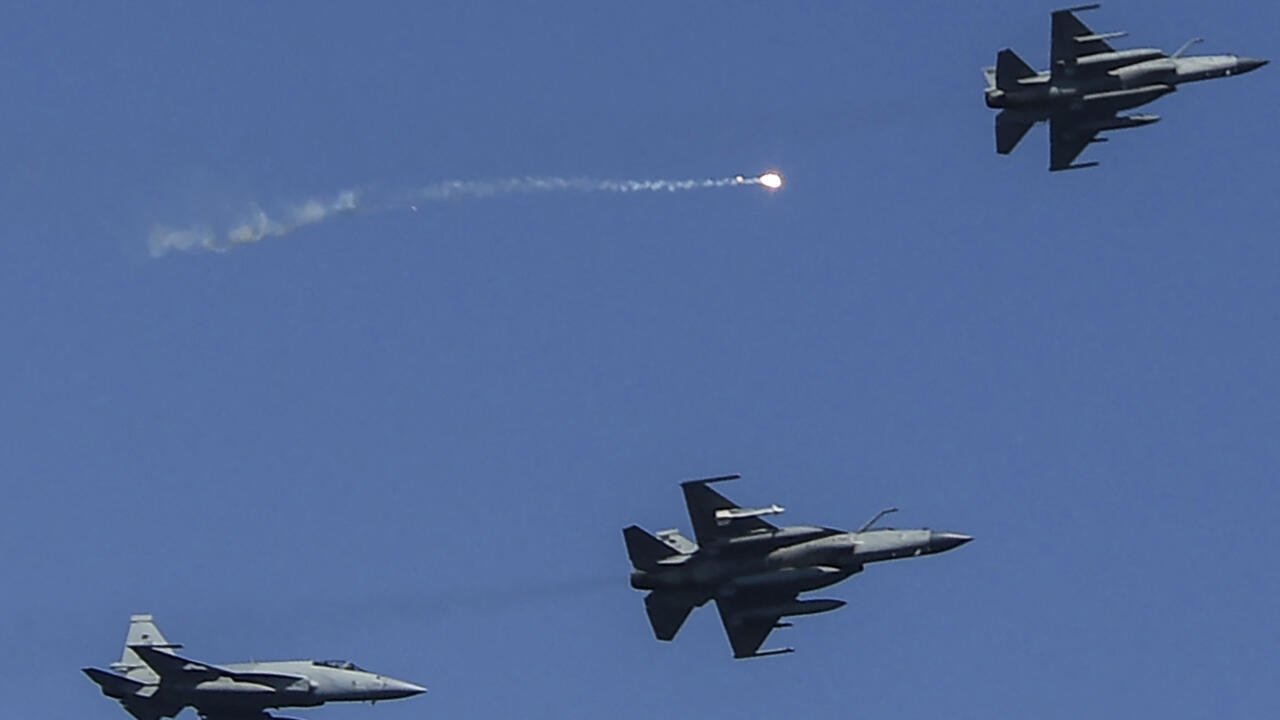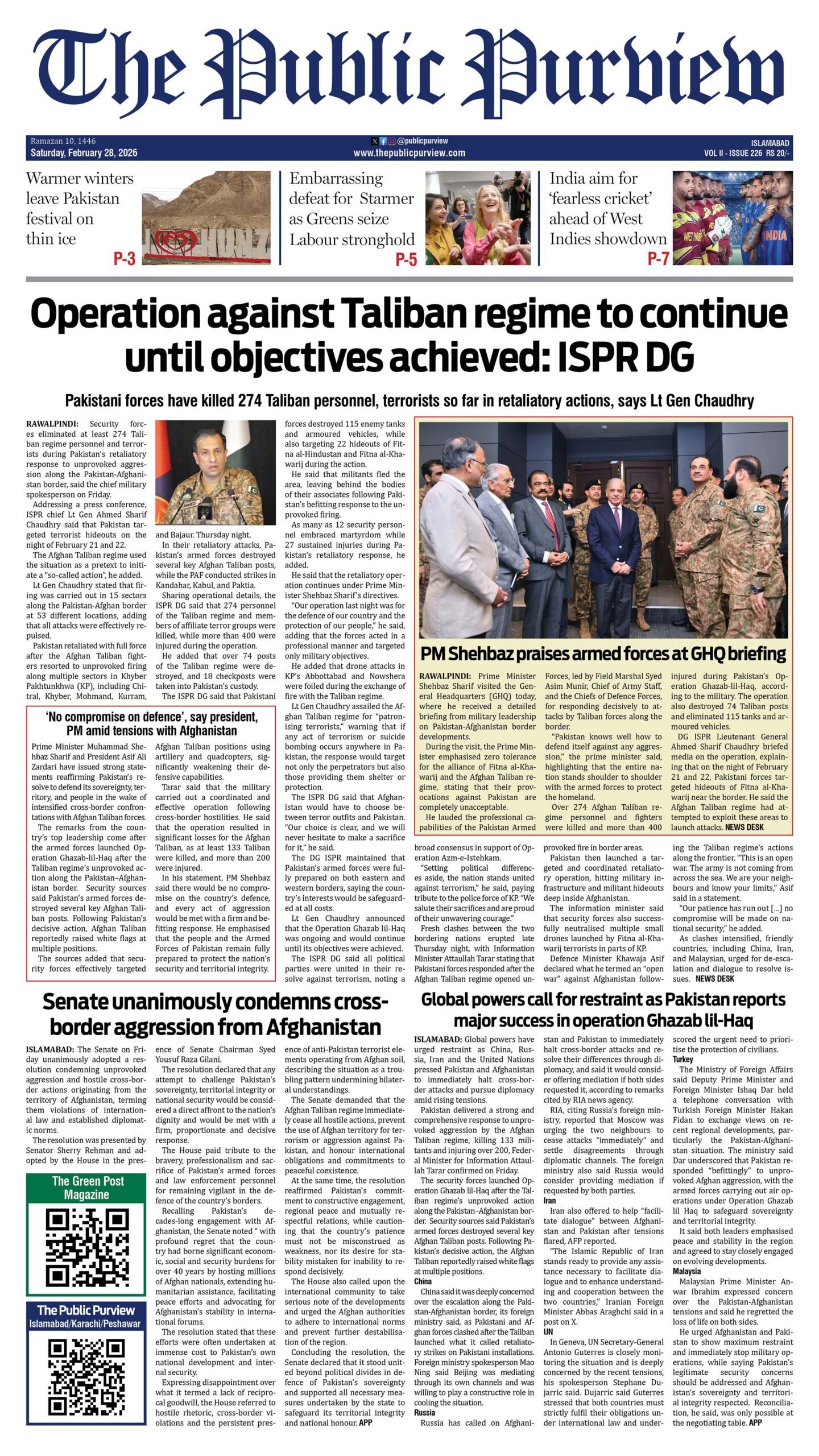Iftikhar Khattak
The vast amount of American military operations in countries with a majority of Muslims may not be well known, especially when it comes to air and drone attacks. Since 2001, the United States has conducted a number of military operations throughout the Muslim world, frequently under the pretext of combating terrorism. The United States has conducted bombing operations in almost twelve Muslim countries over the years, but which one has received the most bombs? Examining significant American military engagement in Yemen, Pakistan, Syria, Afghanistan, and Iraq is essential to comprehending this completely.
Yemen: Fifth on the List
Yemen has experienced considerable U.S. military operations, especially through air and drone strikes aimed at Al-Qaeda in the Arabian Peninsula (AQAP) and ISIS affiliates. Ian Williams and Shaan Shaikh in their book, The Missile War in Yemen, elucidate that since 2002, the U.S. has carried out over 300 airstrikes in Yemen, deploying roughly 800 bombs and missiles. The campaign escalated with the emergence of AQAP, positioning Yemen as a key site for U.S. counterterrorism activities. Despite ranking fifth in the number of strikes, Yemen’s population has endured extensive collateral damage, resulting in significant infrastructure destruction and loss of life. The ongoing civil war in the country has exacerbated the situation, leading to one of the most severe humanitarian crises in the world.
Pakistan: Fourth on the List
The tribal areas of Pakistan that are close to the Afghan border have been a primary target of American drone attacks. The United States carried out 429 drone attacks in Pakistan between 2004 and 2018, dropping almost 1,000 bombs and missiles. The principal targets of these strikes were Al-Qaeda agents and Taliban fighters who were holed up within Pakistan. This campaign was justified by the idea that terrorists plotting strikes against NATO and American soldiers in Afghanistan were using Pakistan’s tribal territories as safe havens. However, these strikes have also resulted in civilian casualties, which has fuelled anti-American sentiment in Pakistan and sparked worries about invasions of sovereignty.
Syria: Third on the List
As part of the international alliance to fight ISIS, the United States launched its military operation in Syria in 2014. The United States has carried out over 14,000 airstrikes throughout this war, releasing an estimated 20,000 bombs and missiles. ISIS strongholds in towns like Raqqa and Deir Ezzor have been the target of these raids. Destroying and eliminating ISIS has been the main goal, but the long-term effects on Syria’s infrastructure have been disastrous. According to the Syrian Observatory for Human Rights, coalition airstrikes between September 2014 and January 2017 alone are claimed to have killed some 7,043 people, including civilians and non-combatants. The region’s protracted humanitarian catastrophe has been exacerbated by well-documented civilian fatalities and the loss of vital services.
Afghanistan: Second on the List
Following the 9/11 attacks, Afghanistan has been the focal point of American military activities since 2001. The United States carried out an estimated 43,000 airstrikes in Afghanistan during 20 years, deploying over 85,000 bombs and missiles. Although the Taliban and Al-Qaeda troops were the primary targets, there have consistently been reports of civilian fatalities and infrastructure damage. The lengthy U.S. involvement in Afghanistan has raised discussion regarding the efficiency of these bombings, particularly considering the ultimate restoration of the Taliban to power in 2021. Still, Afghanistan comes in second place for the sheer number of bombs dropped in the U.S. during its longest conflict.
Iraq: First on the List
Top on the list is Iraq, the country with a majority of Muslims that the US bombed the most. The United States dropped between 130,000 and 160,000 bombs and missiles during many battles between 1991 and 2018, such as the Gulf War, the 2003 invasion, and the struggle against ISIS that followed. Large-scale bombing assaults against Iraq’s military facilities began during the Gulf War in 1991. More airstrikes were carried out in 2003 in an effort to topple Saddam Hussein’s regime because of the U.S. invasion. The fallout drove more American military involvement from the invasion and the emergence of ISIS in the area. Iraq’s infrastructure has suffered greatly, and political unrest persists there even now. The scale of bombing in Iraq far exceeds that of any other Muslim-majority country, making it the most bombed nation by the U.S. in modern history.
Global Perspectives
There has been a great deal of discussion about the massive US bombing operations in countries with a majority of Muslims, both domestically and internationally. Given the high civilian casualties and long-term destabilization these activities have generated, some leaders and experts see them as essential counterterrorism measures, while others see them as a failure of U.S. foreign policy. The study that follows offers opinions from world scholars, political pundits, Pakistani leaders, and US presidents, with a particular emphasis on impartial and fair viewpoints.
U.S. Presidents: Mixed Views on Success and Failure
Former US President Barack Obama has defended these measures as essential in the worldwide struggle against terrorism. Obama directed a large portion of the drone warfare and bombings in nations like Pakistan and Yemen. Obama admitted that “strikes have saved lives” in a 2013 address at the National Defense University, but he also stated that American policy needed to be improved in order to prevent avoidable civilian losses. He acknowledged that using drone attacks was “not a cure-all,” citing the ethical dilemmas and tactical disadvantages of this kind of warfare. Even yet, he continued to insist that they were a vital instrument in breaking up terrorist networks, particularly in situations where using ground forces was impractical.
The use of bombings grew dramatically under Donald Trump’s administration, especially in Afghanistan and Syria. Trump’s stance was more robust than his predecessors, and he repeatedly lambasted Obama and his policies for what he called a “lack of strength” in defeating ISIS. Nevertheless, Trump expressed doubts about the long-term significance of American engagement in foreign battles despite the increase in airstrikes. “We have spent trillions of dollars and lost thousands of lives, and all for what?” he said in a 2019 interview. Trump regularly stated his intention to return American soldiers home, even while his government carried on with military operations. He referred to US engagements in places like Afghanistan and Iraq as “endless wars” that had not produced anything in the way of stable governance or regional security.
After assuming office, President Joe Biden, who served as Vice President for a significant portion of Obama’s presidency, took a more conservative approach. His choice to remove American forces from Afghanistan in 2021 signalled a dramatic change in American foreign policy. While maintaining that the United States had “achieved its objectives” in taking down Al-Qaeda, Biden conceded that the country’s protracted military presence had not resulted in a stable government in Afghanistan. Although the use of airstrikes has decreased during Biden’s administration, he is still dedicated to utilizing drone warfare sparingly and emphasizes the need for the United States to learn from its failures in order to prevent “forever wars”.
Pakistani Leaders: Criticism of U.S. Intervention
Imran Khan, the former prime minister of Pakistan, has openly opposed American drone operations in his country. Khan has continuously denounced these strikes for infringing upon Pakistan’s sovereignty and taking the lives of civilians. Drone strikes are unproductive, he said in a 2012 Washington Post piece. They produce more militants than they eliminate by killing not just terrorists but also civilians. Khan’s position is representative of the general feeling in Pakistan that U.S. military actions serve to exacerbate rather than curb terrorism. Khan positioned himself as a fervent supporter of diplomacy and national sovereignty above foreign intervention throughout his term by advocating for peace negotiations and stressing that military solutions were not the answer to terrorism.
On the other hand, General Pervez Musharraf, the former president of Pakistan who oversaw the country during the early stages of the War on Terror spearheaded by the United States, held a more practical perspective. As part of Pakistan’s collaboration with the United States in the fight against terrorism, Musharraf originally approved of U.S. military operations, including drone attacks. However, in subsequent interviews, such as one with The Guardian in 2017, Musharraf acknowledged that the United States’ oppressive methods, especially its use of airstrikes, had alienated the populace and “backfired” in terms of winning over Pakistani hearts and minds.
Global Scholars and Neutral Opinions
Noam Chomsky, an American political analyst and researcher, has long been critical of American foreign policy, especially concerning its military adventures in South Asia and the Middle East. According to Chomsky, American bombing missions have often exacerbated the exact circumstances they aimed to eradicate, causing more harm than benefit. In his book, Who Rules the World? Chomsky argues that bombings and drone attacks frequently breach international law and damage American credibility abroad. Though he advocates for a more diplomatic and non-militaristic approach, Chomsky concedes that terrorist groups like ISIS and Al-Qaeda do represent real risks.
Reputable political commentator Fareed Zakaria provides an impartial perspective. While American airstrikes have been successful in breaking up terrorist networks, Zakaria has pointed out in his CNN show and columns for The Washington Post that they have also contributed to the long-term instability of countries like Iraq and Afghanistan. According to Zakaria, the United States should not have relied just on air power during military operations but rather should have concentrated more on nation-building and diplomacy. He notes that more than the bombing operations themselves, the U.S.’s greatest mistake has been its inability to build stable administration in these places.
Muslim World Scholars
Professor of Middle Eastern studies at Columbia University Rashid Khalidi provides a balanced viewpoint on US military actions. Although the United States may have been able to eliminate certain terrorist threats, Khalidi feels that the country’s overall policy has not been able to address the underlying roots of extremism in nations where Muslims predominate. In his book Brokers of Deceit, Khalidi makes the case that American military operations—particularly airstrikes—have frequently thwarted the prospects for diplomatic resolutions, notably in nations like Syria and Iraq. He urges a change in American foreign policy from military domination to diplomatic involvement.
While recognizing the domestic difficulties that numerous countries with a majority of Muslims experience, intellectuals like Ali Allawi, a former politician and professor from Iraq, have been critical of U.S. military interventions in the larger Muslim world. In his books, Allawi makes the case that foreign military interventions—especially airstrikes—have frequently made nations even more unstable, but he also emphasizes the need for regional powers to assume accountability for promoting political and economic stability. While U.S. policies have caused harm, Allawi’s balanced viewpoint highlights that local government shortcomings have also contributed to the disarray in nations such as Iraq.
Conclusion
Global leaders, academics, and political analysts have differing perspectives about the U.S. bombing campaigns in countries with a majority of Muslims. Presidents of the United States like Barack Obama and Donald Trump have acknowledged the moral and geopolitical complexity of these operations, but they have maintained their urgency. Leaders in Pakistan, most notably Imran Khan, have denounced these acts as breaches of sovereignty and ineffective strategies against terrorism. Impartial scholars like Fareed Zakaria and Rashid Khalidi, highlight the necessity of both military action and diplomatic involvement by pointing out the long-term instability brought about by both operations.
The regularity and severity of American bombings in countries with a majority of Muslims serve as a stark reminder of the wider ramifications of US foreign policy in the Middle East and South Asia. There is still discussion and worry about the long-term effects on these nations in terms of civilian deaths and infrastructure destruction. With millions of people displaced and hundreds of civilian casualties because of these military operations, there has been a huge human cost. Furthermore, there are now ethical and legal concerns about the use of drone attacks and air operations, especially about sovereignty and the unintended implications of such actions.
In the final analysis, even though American bombings may have produced brief tactical victories, the general opinion tends to point to these operations as a contributing factor to the region’s continued inability to attain long-term peace and stability. This is especially true in Pakistan, Afghanistan, and Iraq, where the political and social environment is still being shaped by the aftermath of US bombing assaults.
The writer is a faculty member in the Department of Political Science at Kohat University of Science and Technology (KUST).







 Today's E-Paper
Today's E-Paper